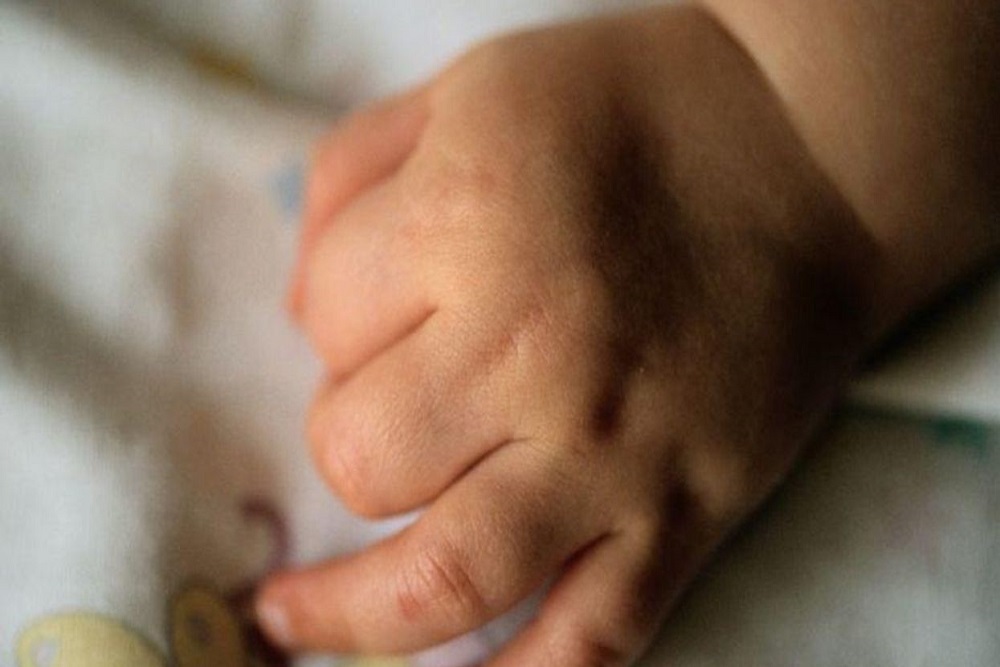Southern Iowa Mental Health Center issued the following announcement on August 25.
All births are not created equal, new U.S. research reveals: Differences in the quality of hospital care contribute to a higher chance of complications among Black and Hispanic newborns compared to white and Asian infants.
The analysis of more than 480,000 live births at term (at least 37 weeks' gestation) in New York City from 2010 through 2014 found that the overall rate of unexpected complications was 48 per 1,000 births.
Rates were higher among Black (about 72 per 1,000) and Hispanic (54 per 1,000) newborns than among white (about 35 per 1,000) and Asian (about 36 per 1,000) infants, the investigators found.
Compared to white infants, the risk was about two times higher among Black infants and about 1.5 times higher among Hispanic infants.
Black and Hispanic women typically delivered their babies in lower-quality hospitals than white women, according to the study published in the August issue of Pediatrics.
The researchers also found that just over 33% of Black women and 34% of Hispanic women gave birth in hospitals in the highest third for rates of newborn problems, compared with 10% of white and Asian women.
"Term births make up the vast majority of deliveries, and minimizing potentially preventable [illness] at term would have substantial population-level impact," said senior investigator Kimberly Glazer. She is an assistant professor of population health science and policy, and obstetrics, gynecology and reproductive science at Mount Sinai's Icahn School of Medicine, in New York City.
"By identifying disparities among otherwise healthy, low-risk infants, we emphasize patient safety and quality improvement — targeting routine obstetric and neonatal care — as a critical but underutilized approach to disparity reduction," Glazer said in a Mount Sinai news release.
More than 90% of births occur at term and most have a relatively low risk for complications, the study authors noted. However, term babies can have significant complications — such as severe infection, shock, organ failure and respiratory distress — that can seriously affect their immediate and long-term well-being.
Original source can be found here.




 Alerts Sign-up
Alerts Sign-up